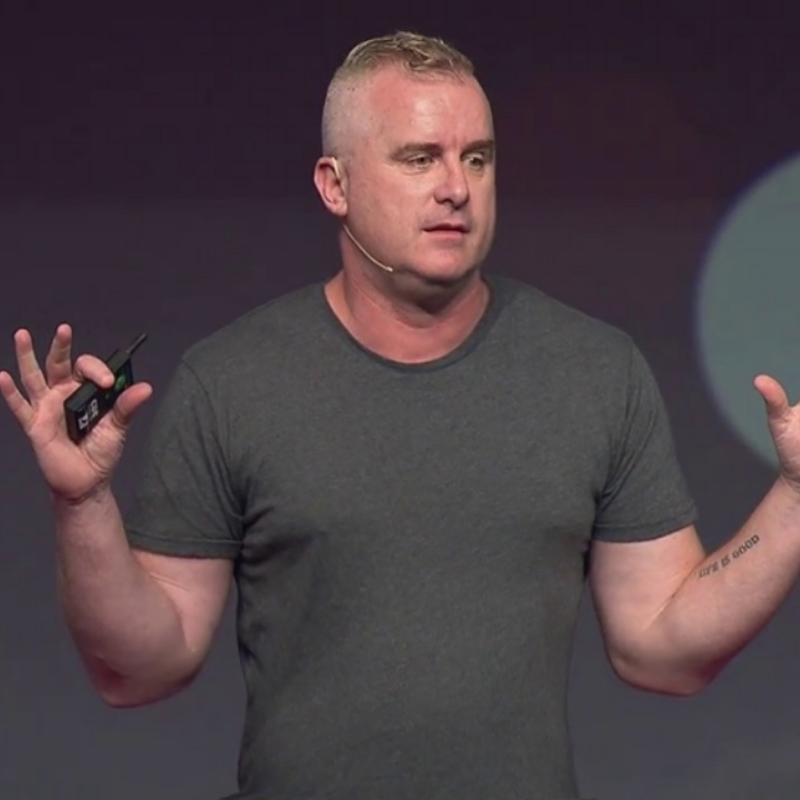Suicide is a difficult and uncomfortable topic for many, but it is essential to discuss openly and honestly to raise awareness, reduce stigma, and ultimately help prevent it.
In this blog post, we delve into the important points raised in a podcast episode that tackles the subject of suicide, including the alarming statistics in Australia, recognising warning signs, debunking myths, and valuable tips on how to talk about suicide and support someone struggling with suicidal thoughts.
Alarming Statistics:
The statistics surrounding suicide in Australia are concerning, particularly among men and First Nations people.
Suicide is the leading cause of death for men aged between 15 and 44, and First Nations people are twice as likely to die from suicide as their non-First Nations counterparts.
In addition, 65,000 suicide attempts occur each year in Australia, with over half a million Australians estimated to have attempted suicide at some time in their lives.
These statistics highlight the importance of addressing this issue and working together to raise awareness and help prevent suicide.
Recognising Warning Signs:
It is crucial to know the warning signs of suicide so that you can identify when someone may be at risk.
These warning signs include changes in behaviour, mood swings, giving away possessions, and expressing feelings of hopelessness or despair.
Creating a safe and non-judgmental space for open and honest conversation is essential when talking about suicide, as well as listening with empathy and without interruption.
Debunking Myths:
There are several myths and misconceptions surrounding suicide, such as the belief that discussing suicide encourages people to attempt it.
In reality, discussing suicide can provide support to those struggling and help prevent it.
Another misconception is that suicide only impacts certain groups of people or that those who attempt suicide are merely attention-seeking.
It is essential to clarify that not all suicide attempts are caused by mental illness, nor do individuals who have attempted suicide always remain at risk for future attempts.
Inappropriate Responses to Suicidal Thoughts:
When talking to someone about their suicidal thoughts and feelings, it is important to avoid common mistakes such as saying “I know how you feel” or “other people have it worse.”
These statements can be belittling and unhelpful. Instead, approach the conversation directly, honestly, and with empathy, and focus on offering support and resources.
Ten Tips to Talk About Suicide:
1. Be direct and ask about suicidal thoughts.
2. Listen without judgment and take their feelings seriously.
3. Encourage professional help and offer to assist in finding resources.
4. Create a safety plan together.
5. Remove access to means of self-harm.
6. Check in regularly and maintain open communication.
7. Educate yourself about suicide prevention and warning signs.
8. Be patient and persistent in offering support.
9. Recognise that the conversation is not about you but about the person in need.
10. Take care of yourself and seek support when needed.
Seeking Support:
If you or someone you know is struggling with thoughts of suicide, it is crucial to reach out for support and connect with a helpline or professional resource in your area.
In Australia, call LifeLine at 13 11 14.
Remember, open and honest conversations can make a difference, and seeking help is essential for both the person struggling and those supporting them.
Conclusion:
Discussing suicide is a crucial conversation that can raise awareness, reduce stigma, and ultimately help prevent it.
By recognising warning signs, debunking myths, and offering support, we can work together to make a difference in the lives of those struggling with suicidal thoughts.



















